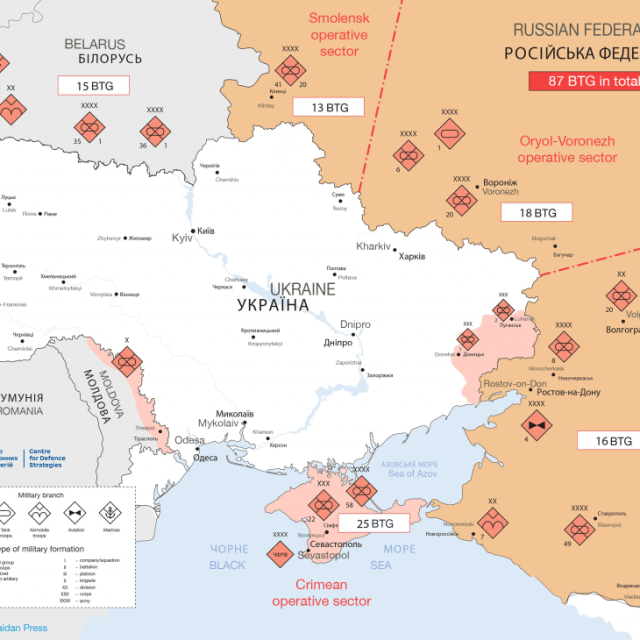Photo by Ahmad Sofi on Unsplash
In a surprising development, Syrian President Bashar al-Assad has announced his decision to step down and leave Syria, directing the government to transfer power peacefully. This unexpected move marks a dramatic shift in the political landscape of the Middle East. It raises questions about Syria’s future stability and the broader implications for Russia’s role in the region.
With Assad’s government weakening, Russia, which has maintained a significant military presence in Syria for years, is rapidly accelerating its efforts to withdraw military assets from the country. Russian forces are intensifying evacuation operations, which involve removing a range of military equipment, including air defence systems, missiles, and other critical assets, via both military and civilian vessels.
One such example of this evacuation effort occurred recently at the Syrian port of Latakia. A fishing vessel was used to transport a shipment of Russian military equipment to neutral waters, where it was then transferred to a civilian tanker, the “BLOOM” (IMO 9104158, MMSI 341922001), which is now en route to Russia’s Black Sea port of Novorossiysk. This reflects Russia’s changing logistics strategy as it seeks to expedite the removal of its military presence from Syria.
Russia’s footprint in Syria has been substantial, with reports indicating that up to 2,500 Russian personnel, as well as advanced military systems, are still stationed in the country. The ongoing evacuation highlights Russia’s need to quickly scale back its operations amid shifting geopolitical realities.
To facilitate the smooth transport of these military assets, Russia is likely to rely on the Bosporus Strait, the shortest route to its ports in the Black Sea. However, this raises significant concerns about Turkey’s role. According to the Montreux Convention, Turkey is responsible for regulating the passage of military vessels through the Bosporus and Dardanelles straits. Any agreement allowing Russian military shipments through these waterways would be a violation of the convention, which strictly governs the passage of military ships.
It is crucial for Turkey to make its position clear on this matter. Should Russia seek to negotiate passage through the Bosporus Strait, Turkey must reaffirm its commitment to the Montreux Convention, ensuring that such military shipments are not allowed. Turkey should also explore alternative routes for the transport of military equipment, potentially diverting Russian vessels from the straits. While this would delay the process, it would preserve Turkey’s adherence to international law and its role as a key player in regional security.
In conclusion, Russia’s complete loss of influence not only in Syria but throughout the wider Middle East is becoming increasingly evident. The ongoing withdrawal of Russian military assets from Syria marks a pivotal moment in the shifting balance of power in the region. As the political future of Syria remains uncertain, the broader implications of Russia’s diminished role in the Middle East will continue to unfold. The international community must remain vigilant, particularly regarding the potential violation of the Montreux Convention, which would have significant consequences for regional stability.




